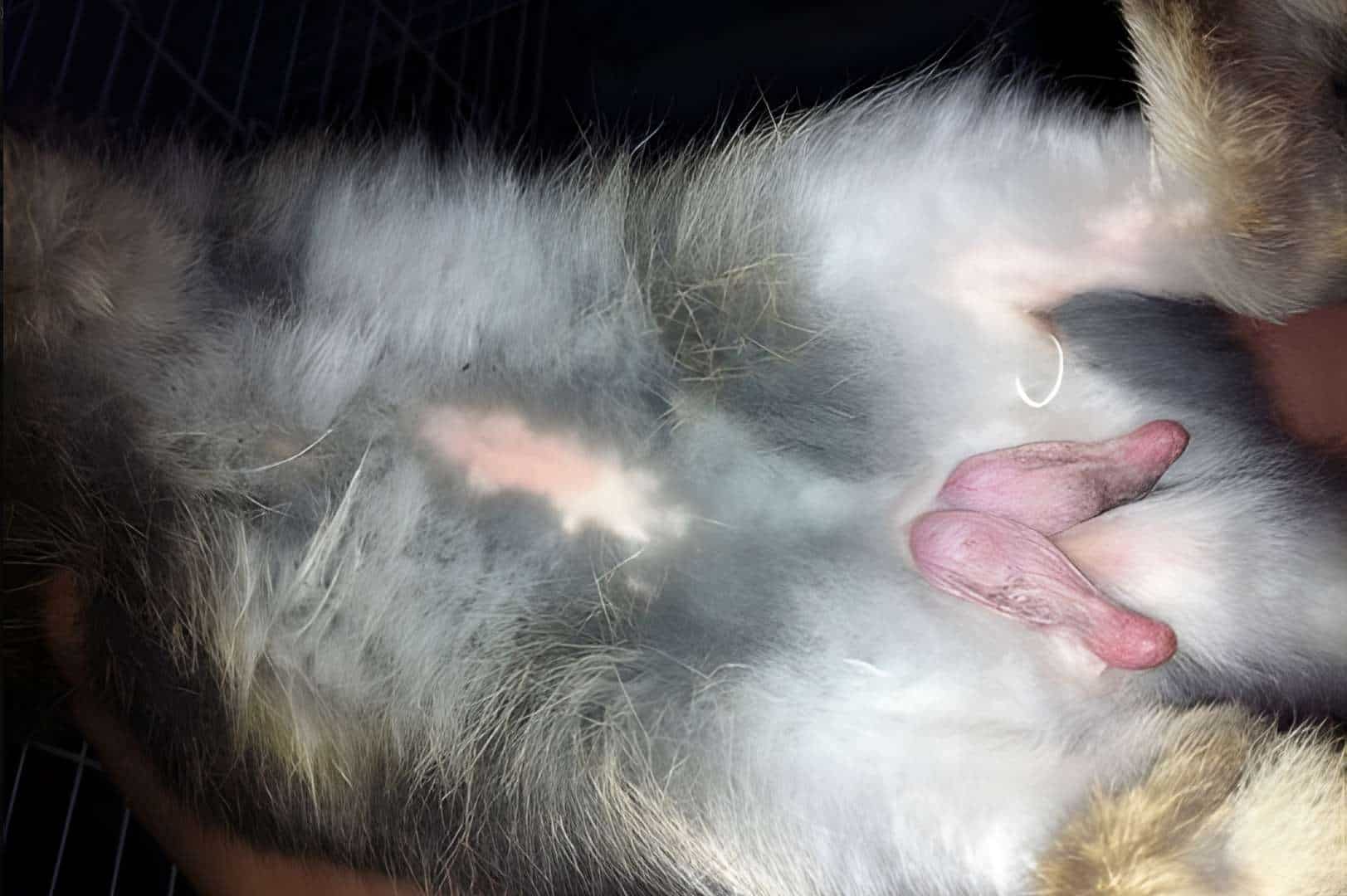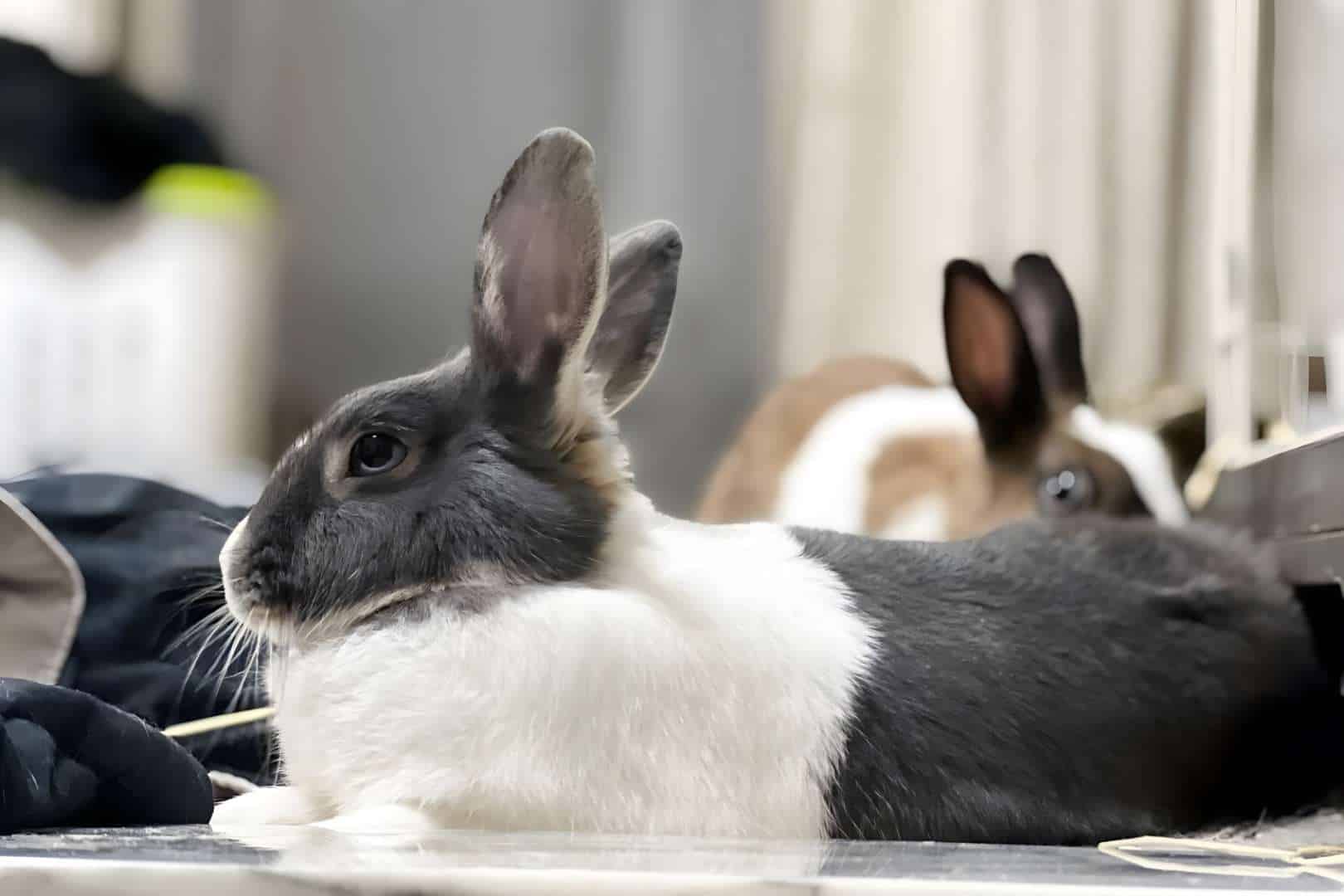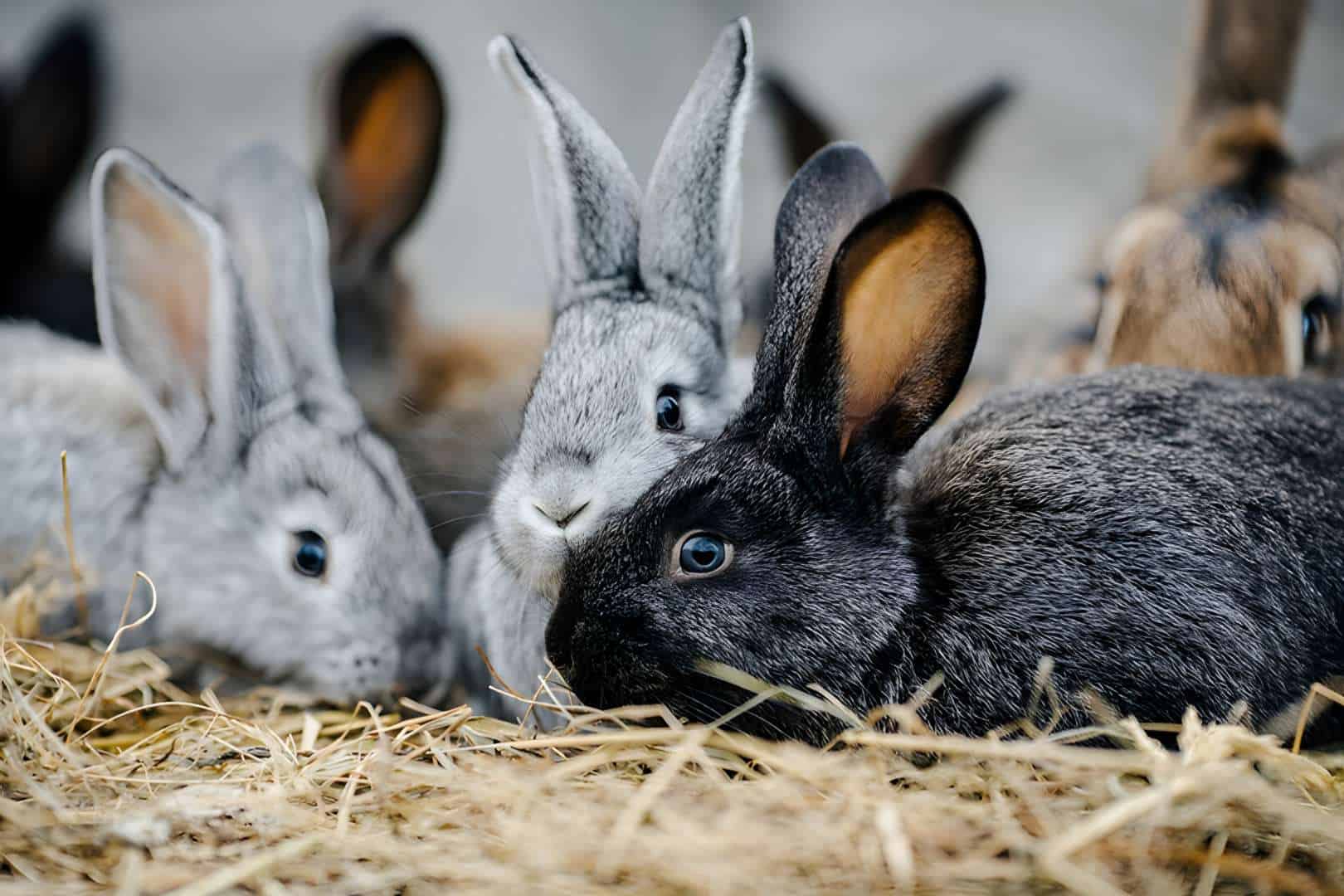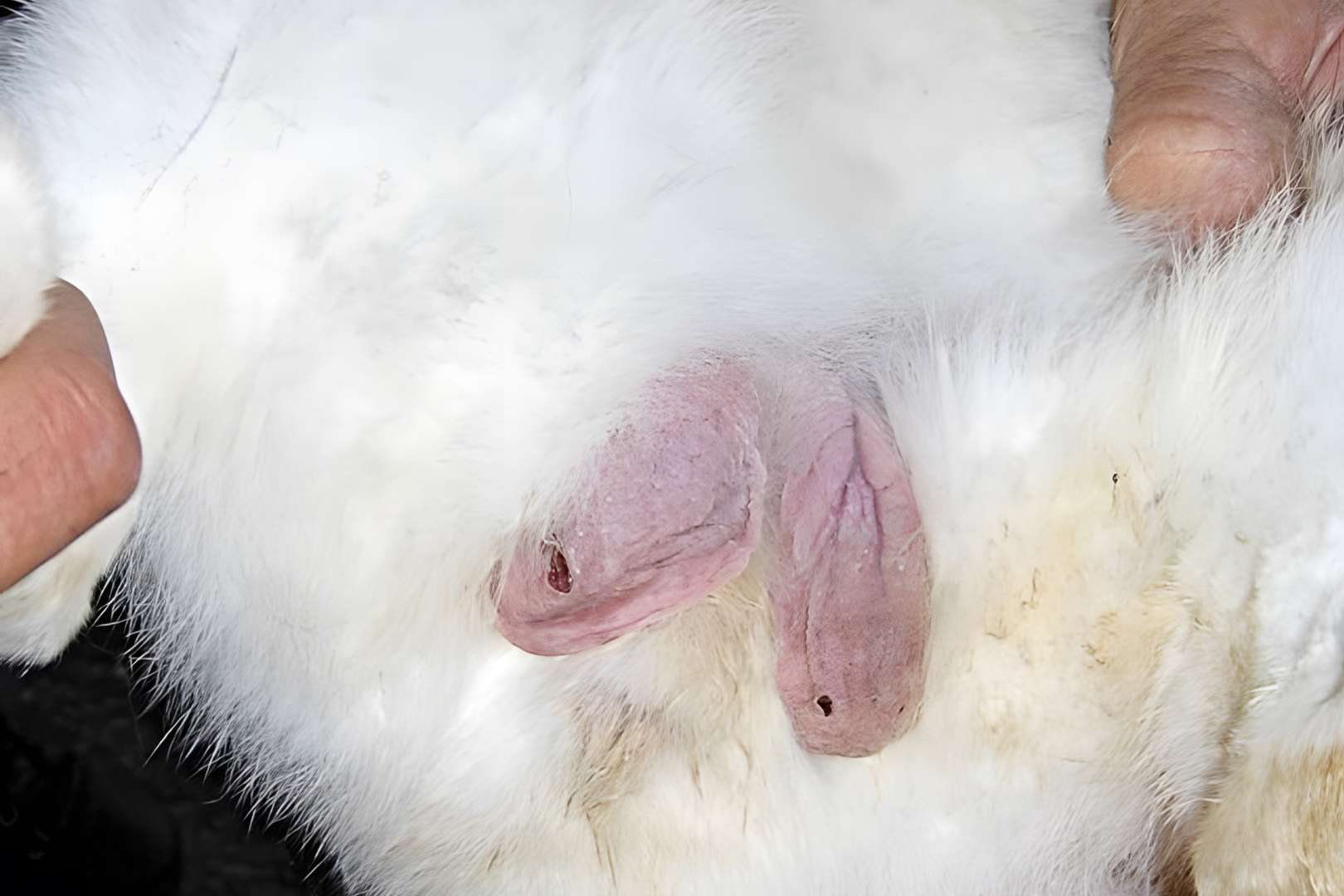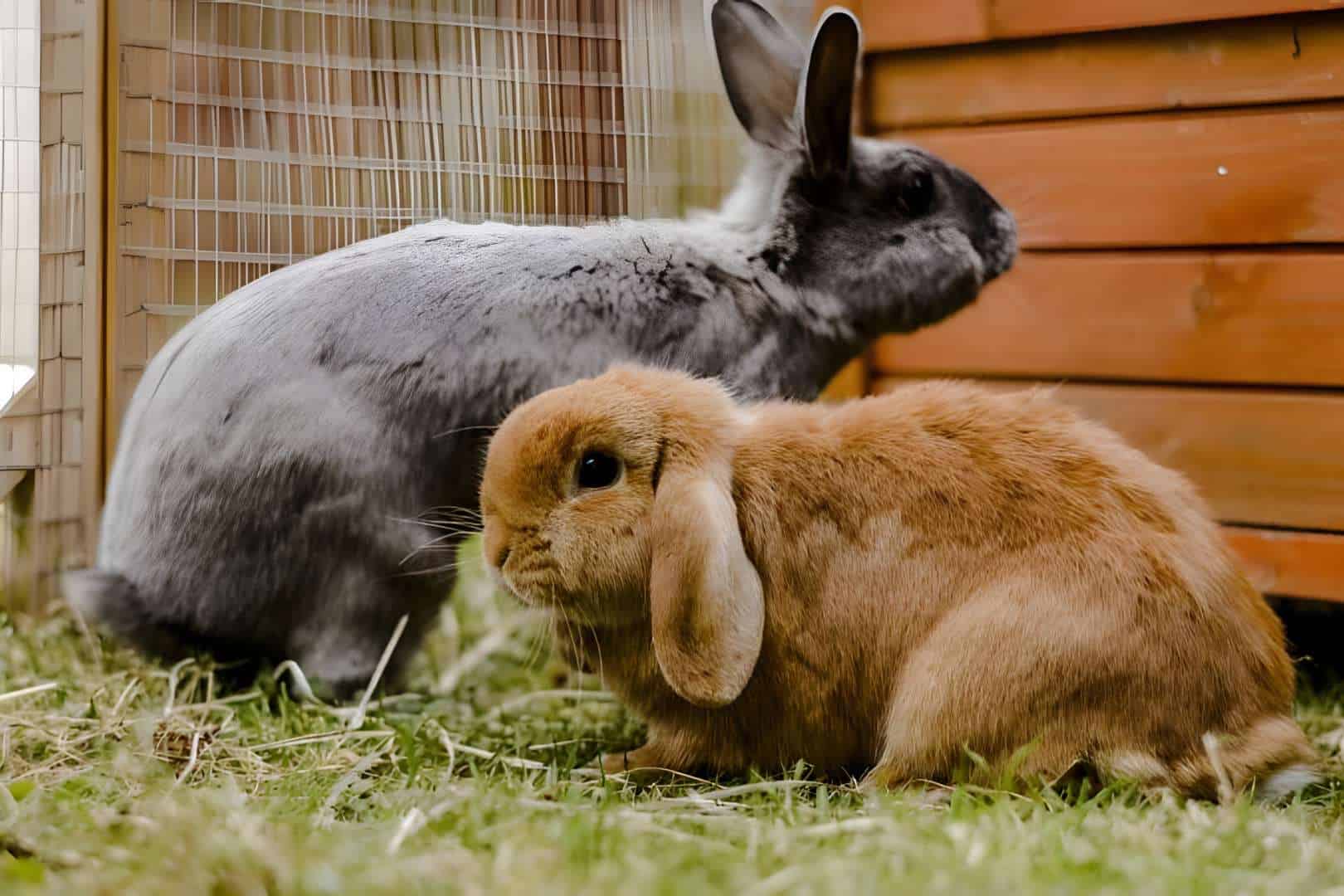Like any other pet, having a rabbit means you are responsible for their happiness and wellbeing. One aspect of a bunny’s health is knowing when to neuter a rabbit.
The timing of this surgical procedure is crucial to ensure your pet is safe and healthy. Please find out more about neutering, its benefits, and more in this article.
What is Rabbit Neutering?
Neutering is a simple surgical procedure wherein a veterinarian removes a male rabbit’s testicles. This reproductive part is the primary storage of testosterone. After surgery, the hormone levels drop drastically, preventing the buck or male rabbit from reproducing.
This standard veterinary procedure involves placing your rabbit under general anesthesia. In most cases, people bring their pets to the clinic in the morning for neutering and will be able to get them home later in the day.
When is the right age to neuter a rabbit?
The best age to neuter rabbits is when they reach four to five months. Some rabbits can already be neutered at 10-12 weeks, but the operation can be pretty challenging.
The reproductive structures of younger rabbits are not fully developed, and their testicles may not have descended yet.
A veterinarian can check whether your rabbit’s testicles are already present in the scrotum. The vet can also gauge if it is ready for the procedure. Most of the time, the rabbit’s readiness depends on their maturity, size, and overall health status.
What are the signs that a rabbit is ready for neutering?
If your four-month-old or older rabbit is showing the following behavioral changes, then it’s time to bring them to the vet for a neutering consultation. Their sex hormones are starting to flow at this stage, and it shows in objectionable habits.
- Spraying urine
- Marking territory with urine
- Giving off a musky odor
- Failing to use the litterbox properly
- Boxing and growling
- Digging and chewing destructively
- Biting and lunging possessively
- Honking and circling
- Territorial nipping or biting
- Mounting and humping
What to prepare before neutering?
Your veterinarian will prescribe some blood tests before the operation. This essential step can determine if your bunny is healthy enough to undergo surgery. It can also check if your pet has pre-existing health conditions that prevent him from being castrated.
Unlike other animals, a rabbit does not need to fast the night before its procedure. So, you can give your bunny his usual dinner of hay or pellets.
What are the benefits of neutering?
Having your rabbit neutered can help enhance his physical and emotional health. It can also help his relationship with you and other people and animals in your home.
Here are the benefits of neutering your rabbits.
- Your buck will have a lower chance of having prostate and testicular cancer.
- He will have less risk of having sexually-transmitted diseases and urinary tract infections.
- Your rabbit will find no need to mark his territory with urine, so his shelter and litter box will be cleaner.
- There will be a minor occurrence of him fighting with other animals due to his sexual aggression.
- He will not be interested in roaming far from his shelter, so there’s a very slight chance that he’ll go missing.
- Neutering can significantly reduce aggressive behaviors brought about by a rabbit’s raging hormones. A buck sprays urine on its prospective mate and sometimes on its owner’s feet as part of its mating ritual. You can prevent this messy and unnerving habit by having your pet neutered.
- Neutering will allow your rabbit to have female companions in his shelter. Rabbits thrive in a group, so having other bunnies to socialize with can reduce stress levels. Neutered rabbits are mellower and will usually not start any fight. He will not need to harass any female bunnies, so their space is more calm and peaceful.
- Having pets neutered or spayed can prevent unwanted pregnancies and animal overpopulation. Sadly, there are about 35,000 rabbits abandoned every year. These bunnies will suffer unfortunate situations such as starvation and, worse, death.
- You can easier train rabbits who have been neutered since they’re are happier and calmer. They are also not too busy acting in their urges, so they can focus more on what you teach them.
- There’s significantly less chewing and digging from your rabbits. When there’s less destruction, there’s minimal cleaning to do. It gives you more time to bond with each other.
- Neutered rabbits are better companions since they’re more relaxed and responsive to affection. They will still maintain their usually jolly and fun disposition.
The veterinarian in this video discusses why you need to have your bunnies neutered.
Is it safe to neuter rabbits?
Rabbit neutering is safer than it was ten years ago because of the significant improvement in anesthetic techniques and products. Veterinarians have gone through advanced training to provide safer rabbit neutering procedures.
However, just like any surgical procedure, there are still risks involved. In the case of neutering, the benefits still dramatically outweigh the risks. As long as the rabbit is at the peak of his health, there’s no reason why he can’t go through the procedure.
On the other hand, more mature and unhealthy rabbits have a higher risk for complications. Old age ( three to four years old) and medical issues such as dental disease, snuffles, or obesity are factors that can affect the surgery’s safety.
It would be best to discuss the benefits and risks with a veterinarian.
What are the possible complications of rabbit neutering?
Complications during veterinary surgeries are infrequent, but there’s always a very slight risk involved as with any surgical or anesthetic procedure.
Following preoperative methods and thorough reporting of the rabbit’s medical history can minimize risks. It would be best to disclose any prior illnesses to the veterinarian before the operation.
Some of the possible complications are the following:
Internal bleeding
This condition happens rarely, but it usually stems from the manipulated tissues when it does. Sometimes, it occurs when the buck becomes too active after the surgery.
Signs of internal bleeding include pale gums, weakness, poor appetite, loss of appetite, distended abdomen, and restlessness.
Post-operative infection
Post-operative infections, although rare, occur when the rabbit licks the incision site excessively. Keeping them in a moist and dirty shelter can also contribute to the disease. You need to monitor the surgical wound regularly to check for redness, swelling, pus, or discharge.
Suture Reaction
This condition is scarce but can happen in rabbits sensitive to the suture material used during the surgery.
You would notice some discharge from the wound or an unusual formation in the suture site. The remedy for this condition is further surgery to remove the suture and repair the damaged tissue.
How to Care for a Neutered Rabbit
How long is the recovery for neutered rabbits?
Rabbits bounce back from surgical procedures rapidly. After a few hours from the operation, most neutered bucks are already on their feet.
They are given pain-relieving drugs during and after surgery so expect that they’ll be a little shaky or exhausted when you bring them home. After a day or two, most rabbits will be back to their usual energetic selves. However, the suture site will fully heal after ten days.
What are the ways to care for a neutered rabbit?
It would be best to follow the following post-operative procedures to allow natural healing and prevent complications,
- Always keep the suture area clean and dry.
- Allow the rabbit to recover in a housing or a bed away from other pets. Make sure that the area is comfortable and well-ventilated.
- Use fresh and dry towels or blankets that won’t stick to the wound.
- Ensure that you have prepared their favorite food. Rabbits need to eat after they wake up from their operation to keep their guts functioning correctly. If their intestinal movement slows down, they can develop a life-threatening health condition called ileus.
- Check your bunny’s surgical wound two to three times a day. If you observe any swelling, pain, discharge, or foul odor, bring him to the veterinarian at once. These signs can mean infection, and your rabbit may need antibiotic therapy or further treatment.
- Your buck may not have the appetite the moment he wakes up from surgery. However, they must eat something to keep their intestinal tract moving. If they don’t take in any solid food, you can prepare a liquid meal that you can give through a syringe.
- Inform your veterinarian right away if you notice your rabbit has watery stools after surgery. Do not hesitate to contact your vet if you notice anything unusual in your pet.
- Bring your rabbit to the veterinary clinic a week after operation for their post-operative check-up. The veterinarian will give you a go-signal to bring them back to their usual shelter.
Here is a video to show you how to care for your rabbit after his surgery.
Conclusion:
Knowing when to neuter a rabbit is crucial to ensure that the procedure is safe for him. There are several benefits to this procedure that affect your bunny’s health and the people and animals surrounding him.
The operation is very safe, and the post-operative care is relatively straightforward. After the procedure, you’ll have a calmer and more relaxed bunny you can bond with for a long time.
